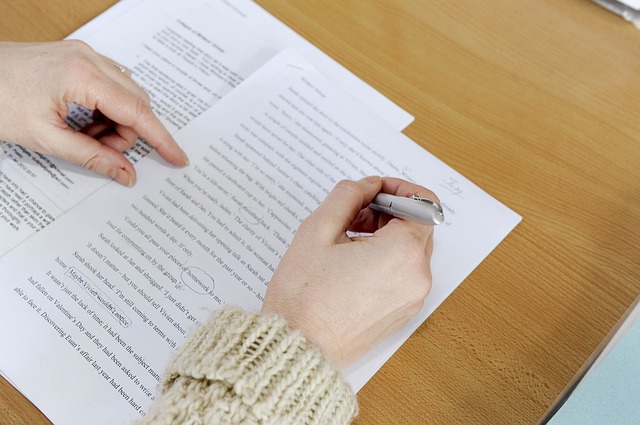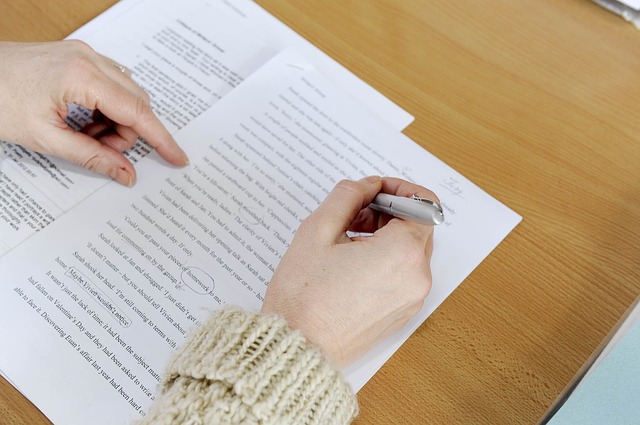Best English Editing and Proofreading Services

The central tendency, mean, median, and mode depict where most data points concentrate, while variability illustrates how far they are. It is exceedingly crucial because the amount of variability demonstrates the generalization one can make from the sample to the population. Low variability is desirable because it implies that predicting information about the population using sample data is well-justified. Contrarily, high variability illustrates decreased consistency, making data predictions harder.
Continue Reading
Finding a dataset's middle or average is critical and involves measuring central tendency. The central tendency's most common measures include the mode, median, and mean. The mode is the most repeated measure in a data set.
Continue Reading
Analysis of variance (ANOVA) is an inferential statistic employed to analyze data from an experiment with either multiple factors or independent variable's more than two levels. It is heavily used in dissertations or research. The variance may originate from one or more factors.
Continue Reading
We may define a study variable as an attribute of an object of study. Suppose you wish to establish a sound experimental design. In that case, selecting variables to measure is exceedingly crucial.
Continue Reading
While researching a group of people, collecting data from every person in that group is virtually impossible. To counter this issue, you choose a sample. What is the difference between population and sample? What sampling methods should you use in your dissertation?
Continue Reading
Formal writing is essential to academic essays, a thesis, or a dissertation. Many issues may dent your writing. This article covers 7 critical ones to avoid that may affect the quality of thesis and dissertation writing.
Continue Reading
Formal writing can cover everything from academic essays to a thesis or dissertation; a few fundamental rules are valid in all types of academic writing. A student can find writing in different formats boring or unbearable. With the following tips, you will start finding academic writing almost enjoyable and utterly rewarding.
Continue Reading
In statistics, a population refers to the pool of individuals from which one can draw the statistical sample for a study. A population includes a complete set of individuals. That group can comprise a nation or people sharing common characteristics.
Continue Reading
When you deal with experiments, you investigate the causal relationship between variables. What you fundamentally do is manipulate one or more than one independent variable (x) to determine their effect on dependent variables (y).
Continue Reading
The corpus research suggests that the most often used tenses in academic writing are the simple present, the simple past, and the present perfect. Then, what comes next is the future tense.
Continue Reading
Anthropomorphism can be defined as attributing human characteristics to nonhuman entities, objects, or concepts. It may lead to ambiguity or misleading communication. Therefore, avoiding anthropomorphism in your thesis, dissertation, or article would be best.
Continue Reading
An abstract usually summarizes a lengthier work (including a dissertation, thesis, research paper, or review). The abstract should explicitly state the objectives and results of your research. Thus, readers can learn what your research addresses.
Continue Reading
Research methods are specific procedures for collecting and analyzing data. Therefore, your research methods form the most critical part of your research design. You must make two crucial decisions during your method planning.
Continue Reading
A hypothesis is a testable statement on which scientific research focus. Suppose you wish to investigate a relationship between two or more variables. In that case, you must construct hypotheses before you begin your experiment or data collection.
Continue Reading
For a high-quality research paper, dissertation, or thesis, a helpful research question plays a critical role in designing it. It precisely suggests what you wish to study, presenting your research's apparent emphasis and objective.
Continue Reading